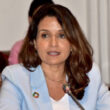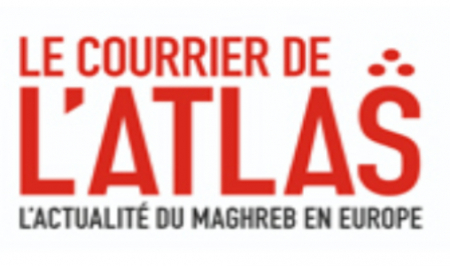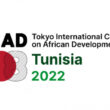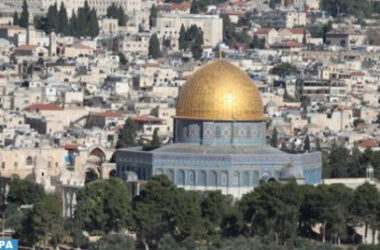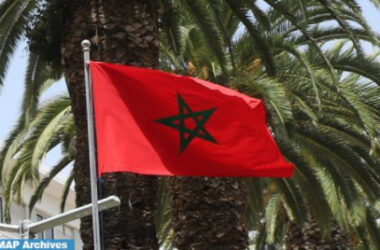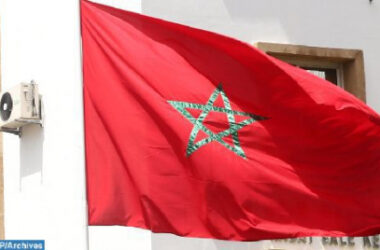In an article published Monday on its website, the publication notes that the opposition warns against the repercussions of an “open conflict” with Rabat.
The author of the article quotes, in this regard, the political activist Chokri Jlassi (Democratic Current, center-left) who stressed that any deviating diplomatic position of the current authority “does not commit Tunisia.”
He further recalled that “the historical and unchanging position of Tunisia under the rule of all regimes before and after the revolution does not recognize the entity of the separatist polisario front.”
“The peoples of the region dream of uniting the Maghreb and not to divide it further. Any deviant diplomatic position of the current authority does not commit Tunisia,” added the activist, quoted in the article.
For his part, the academic Wahbi Jomaa wonders about these new approaches to Tunisian diplomacy that come just days after the speech made by HM King Mohammed VI on the occasion of the 69th anniversary of the Revolution of the King and the People.
In this speech, the Sovereign had stressed that the Sahara issue is the lens through which Morocco considers its international environment and the yardstick that measures the sincerity of the friendships and the effectiveness of the partnerships that the Kingdom establishes.
For his part, the economist Moez Joudi noted that the presence of the Tunisian head of state at the airport to welcome the leader of the Polisario is in total contradiction with the official positions of Tunisia and the UN.
For the editorialist Mohamed Bakkali, the desire to break President Said leads Tunisia in a very harmful policy of axes and alignment with the Algerian neighbor, concludes the publication.



